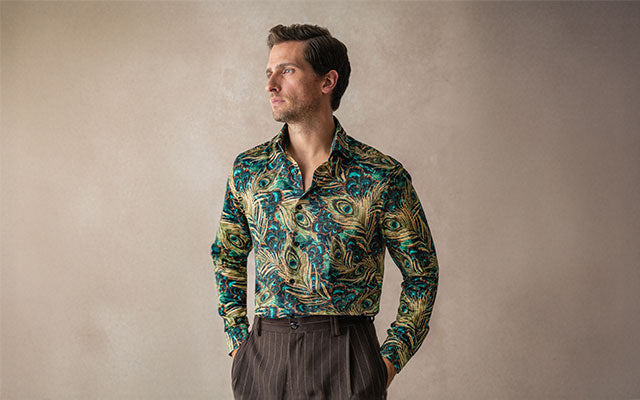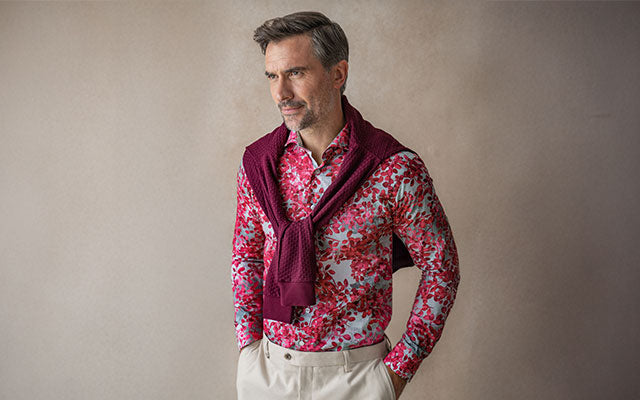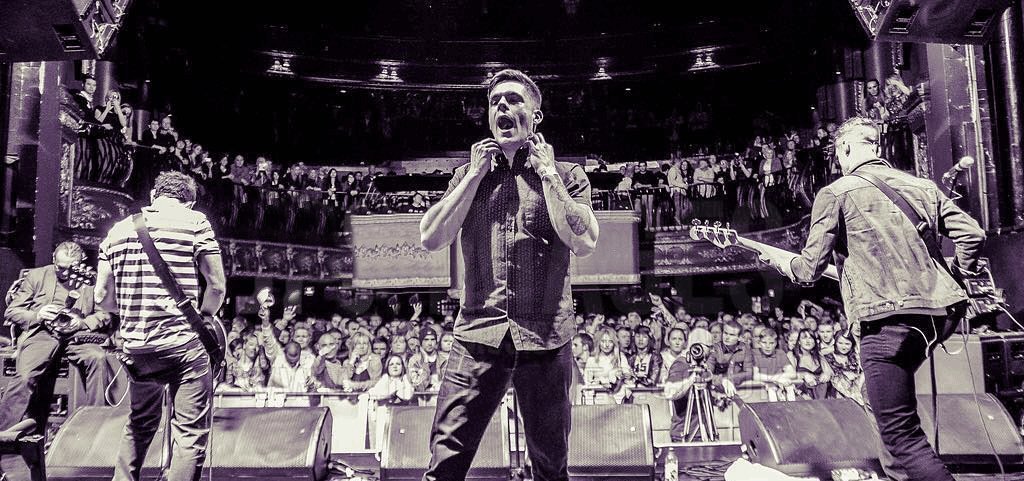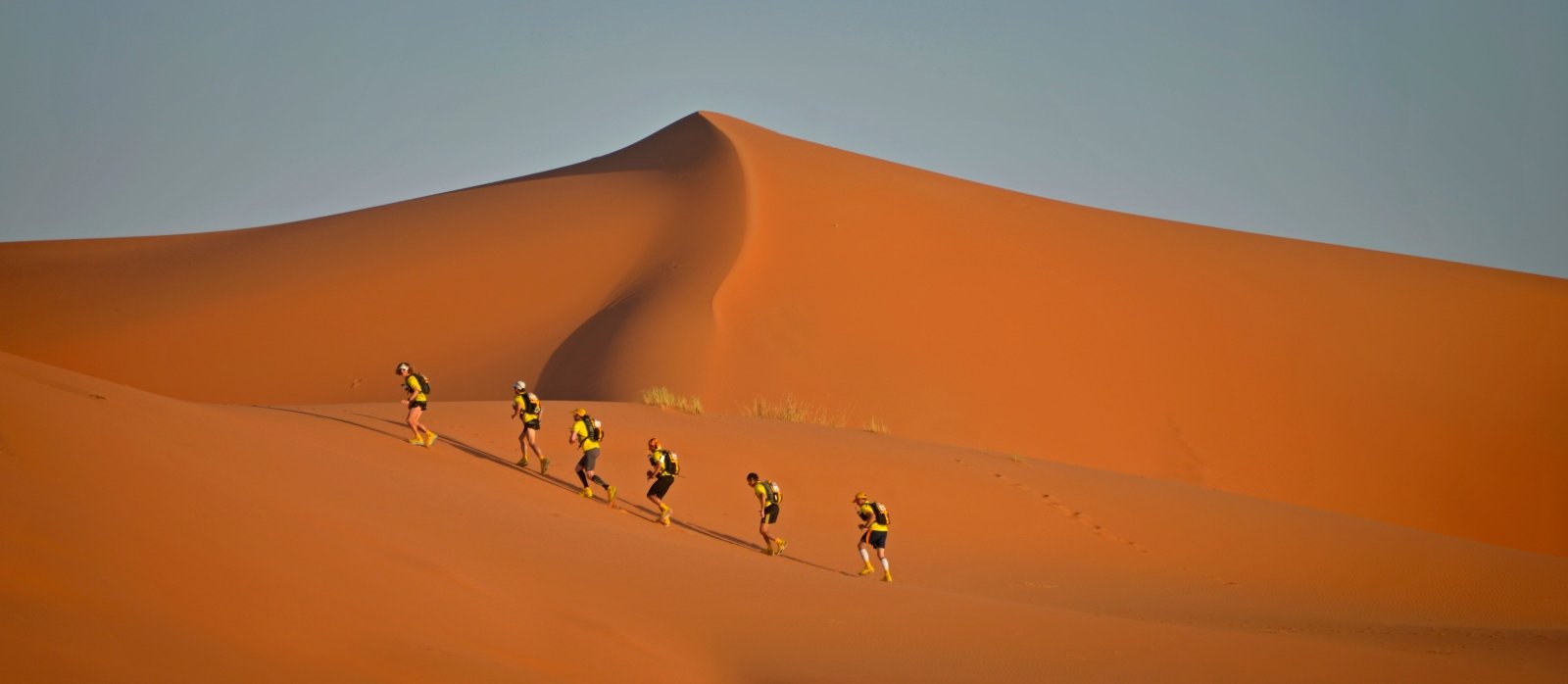HERDING CATS, AND DAMIAN LEWIS
Tony Bracewell
Britain's filmmaking industry is flourishing and perhaps second only to Hollywood in terms of volume and critical acclaim. It is renowned for producing quirky, offbeat films that stand in stark contrast to the standard Hollywood fare of action blockbusters.Tony Bracewell, the British comedy film producer, is one of the men on the vanguard of this industry. Here is his story.


First stupid question: what does a Film Producer actually do?
Tony: It’s not that stupid a question – I get asked that a lot. Films start with a ‘big idea’. The producer’s role is to take that big idea and turn it into a film. Producers sometimes develop the original idea, but normally it comes from working with a writer or team of writers. Wherever the idea originates, the producer is the midwife taking the idea from conception through to birth.
How did you get started?
Tony: It wasn’t the typical way – it rarely is in film! Some producers come through from Art Colleges or Film Schools, and others switch to film from TV. I was running a PR agency before my first film! But there are similarities in the roles. You’re working with creative people, and both jobs require management, promotional and financial skills. It might have also helped that my brother was the director!


What is it like working with big actors?
Tony: In the popular imagination, there’s a sense that some actors can be prima donnas and difficult to work with. Nothing’s been further from the truth in my experience. Actors – or ‘the Talent’ as they’re known in the industry – tend to be very hardworking, dedicated people. They want to do a good job and want challenging roles.
I worked with Susannah York and Sian Phillips on The Gigolos and both were an absolute delight. They were tremendously professional and very committed to doing an excellent job. When we premiered The Gigolos at Cambridge Film Festival, Susannah was asked why she took the role: “Actors like to work” was her simple reply.
We were incredibly lucky to have Damian Lewis play a cameo role in Bill. Again, you couldn’t have asked to work with a nicer guy. Everything he did was inch perfect and he was a complete gent.
Tell us about making your most recent film Bill?
Tony: When we made the comedy Bill we took the life of William Shakespeare and told it from a unique angle. The film critic Mark Kermode subsequently described it as being “hugely funny and filled with semi-historically literate gags interspersed with pure slapstick humour”.
One running gag in the script blended the tales of William Shakespeare and Dick Whittington. So, when young Bill Shakespeare leaves Stratford to make his fortune as a playwright, his cat is meant to follow him all the way to London. The trouble is to make that work, you need a cat to follow stage directions… We tried everything: laying trails of cheese on the ground, trails of ham, coercing, pushing, you name it. We had some great people on the film, but no one could make it work. At some point, we had to cut our losses and accept that cats cannot be herded!


Can you tell us about other filming challenges?
Tony: We were shooting beach scenes at Marske-by-the-Sea in Cleveland. It’s a beautiful, atmospheric coastal town, dominated by an oil refinery just up the coast. Ridley Scott grew up nearby and the industrial landscape is said to have influenced the world he created in Blade Runner.
We had a beautiful March day and a cloudless sky. Perfect filming conditions. What we failed to appreciate was that a huge refinery means oil tankers. Many oil tankers. We were shooting scenes on the beach looking out to sea for a film set in 1593, but couldn’t do anything about a procession of 21st-century oil tankers in the far distance of every shot. Fortunately, that’s where digital technology and visual effects come in very handy.
How does the British film industry compare with Hollywood?
Tony: Britain is one of the largest film centres outside of Hollywood, with a number of world-class film studios. Pinewood Studios is home to the new Star Wars films: The Force Awakens, Rogue One and The Last Jedi were all shot there. London’s Soho has a large, very successful post-production industry. When it comes to audio effects, special effects and digital animation, Britain is a world leader.
Original British films regularly compete at the Academy Awards and also offer audiences a real alternative to a diet of Hollywood Superhero movies. Films such as Four Weddings, Billy Elliot, The Full Monty, King’s Speech and Paddington have all grossed hundreds of millions worldwide.
It’s a fun industry to be working in right now!
Finally, what are you working on now?
Tony: On two new big ideas! One is advancing well. We’re making good progress securing finance for the other and we’re feeling very positive.
We'd like to say a big thank you to Tony for his time. It was fascinating to get an insight into what happens behind the curtains of a major film. And it's also encouraging to hear that one of our heroes, Damian Lewis, is actually a really great guy. We wish Tony the very best of luck with his next film. And for those of you who haven't seen it, check out Bill, it's absolutely hilarious.
TONY WEARS






